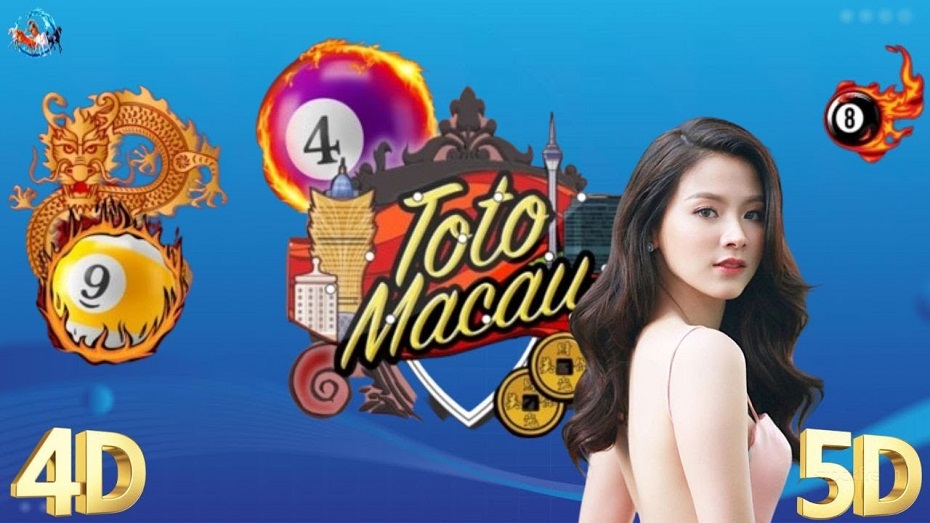The term “jackpot” carries an undeniable allure, evoking images of sudden wealth, transformed lives, and dreams realized. But what exactly is a jackpot, and why does it captivate so many people? In this article, we explore the origins, 777, and psychological impact of jackpots, as well as their role in gambling and beyond.
What is a Jackpot?
A jackpot is the grand prize in a game of chance, typically in gambling or lottery contexts. It is the highest payout a player can win, often resulting from a specific combination of symbols, numbers, or conditions. The jackpot amount can range from modest sums to life-changing fortunes, depending on the game or lottery.
The Origins of the Jackpot
The term “jackpot” originated from the game of poker, specifically from the game known as “Jackpot Poker.” In this variant, players could only win the top prize by holding a pair of jacks or better. Over time, the term evolved to encompass the idea of a large prize or the culmination of winning a significant amount of money, extending beyond just poker.
How Jackpots Work
Jackpots can be found in various games, including slot machines, lotteries, and progressive jackpots. Here’s a brief overview of how each type works:
- Slot Machines: In slot machines, a jackpot is typically won when a player aligns a specific combination of symbols on the reels. Progressive jackpots, which are linked across multiple machines or casinos, grow larger as more players participate, increasing the potential prize.
- Lotteries: In lottery games, a jackpot is won by matching all the drawn numbers or symbols. The size of the jackpot often depends on the number of tickets sold and the game’s rules.
- Progressive Jackpots: These jackpots accumulate over time as a portion of each bet or ticket purchased is added to the prize pool. They can be won in various games, including slots, table games, and video poker. The longer it takes for someone to win, the larger the jackpot becomes.
The Psychology Behind the Jackpot
The concept of a jackpot taps into several psychological factors:
- The Thrill of Winning: The potential for a massive payout creates excitement and anticipation. The thought of suddenly acquiring wealth fuels a sense of hope and possibility.
- Gamblers’ Fallacy: Some players believe that their chances of winning increase with each loss, which can lead to continuous play and a heightened sense of expectation.
- Escapism: For many, gambling provides an escape from daily routines and stresses. The prospect of winning a jackpot offers a tantalizing opportunity to change one’s life.
The Impact of Winning a Jackpot
Winning a jackpot can have profound effects on an individual’s life:
- Financial Freedom: A jackpot can provide significant financial freedom, allowing winners to pay off debts, invest in opportunities, and secure their future.
- Emotional Impact: The joy of winning can be overwhelming, but it can also lead to stress and pressure, especially when managing newfound wealth or dealing with public attention.
- Social Changes: Jackpot winners often experience shifts in their social circles. Relationships may change, and winners may face requests for financial help from friends and family.
The Role of Jackpots Beyond Gambling
Jackpots are not limited to gambling and lotteries. They can also be used in promotional campaigns, sweepstakes, and contests, where businesses offer large prizes to attract customers and engage audiences. These jackpots serve as powerful incentives, driving participation and increasing visibility.
Conclusion
The jackpot represents more than just a substantial prize; it embodies the thrill of chance, the allure of wealth, and the excitement of possibility. Whether in the context of gambling, lotteries, or promotional contests, the jackpot continues to captivate and inspire, promising the potential for a transformative experience. Understanding the mechanics and psychological impact of jackpots can enhance our appreciation for their role in our lives and the broader cultural landscape.
